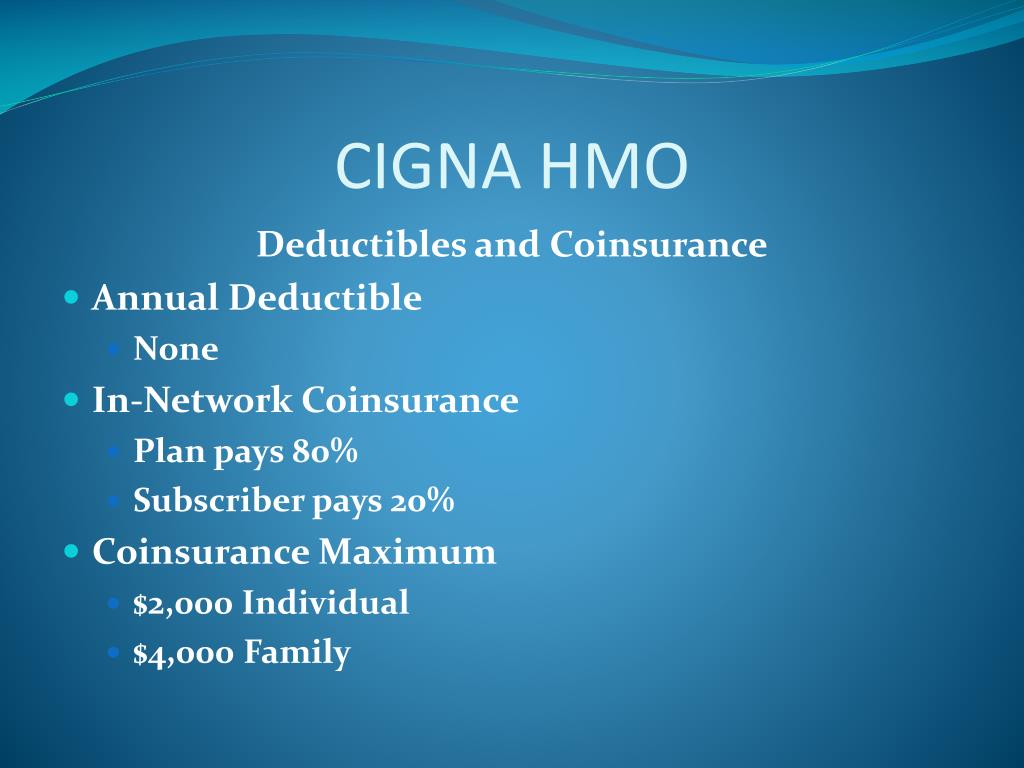Pharmacy copays and coinsurance apply towards the out-of-pocket maximums Individual $1,500 Family $3,000 Individual $3,000 Family $6,000 Lifetime maximum Unlimited Per individual Emergency room care All services rendered apply to ER benefit including Lab & X-ray Emergency room copay You pay $50 Ambulance Unlimited per day maximum You pay 0%. Benefit copays always apply before plan deductible. Emergency Services Emergency Room Includes Professional, X-ray and/or Lab services performed at the Emergency Room and billed by the facility as part of the ER visit. Per visit copay is waived if admitted. $250 copay, and plan pays 100% ^ $250 copay, and plan pays 100% ^ Urgent Care Facility.
What's the difference between the two?
It's important to know where to go when you're dealing with an illness or injury. Let's look at the difference between an urgent care center and an emergency room to help you choose the right care.
Cigna Er Copay Assistance
Silvercrest sfm 4 a1 driver. If you need immediate medical attention, your first thought may be to go to the emergency room (ER). But if your condition isn't serious or life-threatening, you may have a less expensive choice. An urgent care center provides quality care like an ER, but can save you hundreds of dollars.
If you have a life threatening situation, go to your nearest emergency room or call 911.
Urgent Care Centers
Cigna Er Copay Center
Urgent care centers handle non-life-threatening situations, and many are staffed with doctors and nurses who have access to x-rays and labs onsite. Most urgent care centers are open late and on weekends and holidays.
Choosing an urgent care center over the emergency room (ER) can save you time and money.
An urgent care center can treat you for common conditions such as:
- Earaches and infections
- Minor cuts, sprains and burns
- Fever and flu symptoms
- Cough, cold and sore throat
- Animal bites
- Mild asthma
- Urinary tract infections
- Headaches
- Back and joint pain
Emergency Rooms
Emergency rooms are meant for true medical emergencies. They can handle trauma, x-rays, surgical procedures, and other life-threatening situations. Most hospitals have an emergency room that's open 24 hours a day, seven days a week.
An emergency room may be best if you experience:
- Sudden numbness or weakness
- Disorientation or difficulty speaking
- Sudden dizziness or loss of coordination
- Seizure or loss of consciousness
- Shortness of breath or severe asthma attack
- Head injury/major trauma
- Blurry or loss of vision
- Severe cuts or burns
- Heart attack, chest pain or chest pressure
- Overdose
- Uncontrolled bleeding
- Coughing or vomiting blood
- Severe allergic reactions

